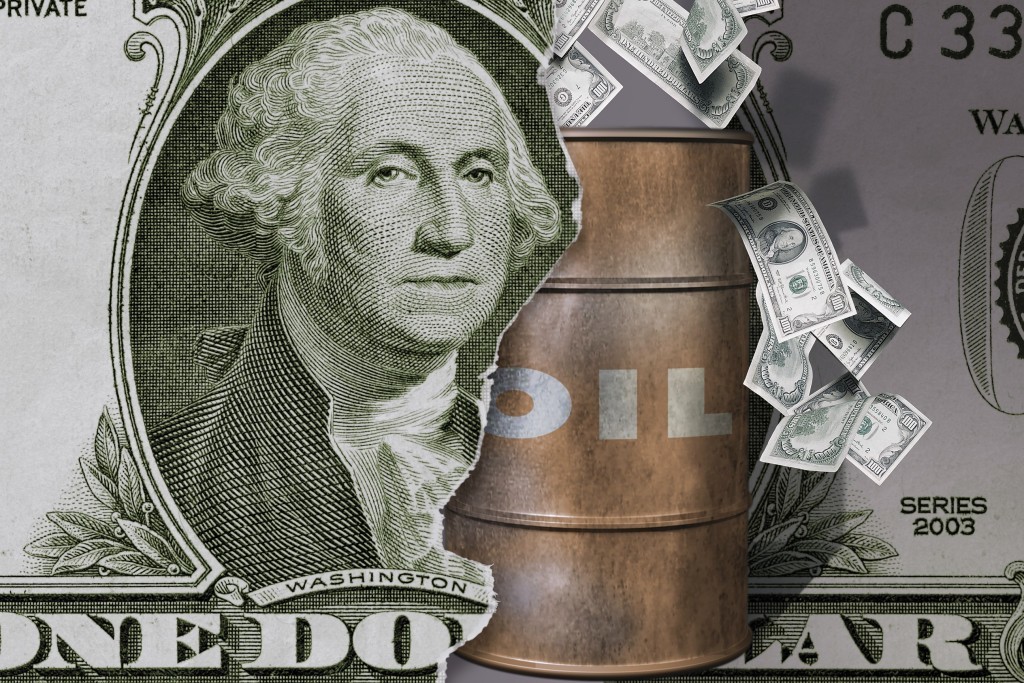
Brent crude erased earlier losses as OPEC was said to discuss a smaller-than-expected increase in production.
Futures rose as much as 1.2 percent in London after earlier dropping 1.4 percent. OPEC members are considering a compromise agreement that would see an oil-output hike of 300,000 to 600,000 barrels a day over the next few months, according to people briefed on the talks. That level, if agreed, would be smaller than the 1.5 million-barrel increase that Russia has proposed.
Crude had been falling since late May after Saudi Arabia and Russia floated plans to lift output curbs that have eliminated a global surplus. Iran, Venezuela and Iraq have resisted such a move ahead of a key summit between OPEC and its allies later this week in Vienna. Given that the group’s decisions must be unanimous, the meeting is shaping up to be one of the most fractious in years.
“People probably feared 1.5 million barrels a day, and now the talk is 300,000 to 600,000 barrels a day,” says Torbjorn Kjus, chief oil analyst at DNB ASA. “It’s going to be the most interesting meeting for a while, it’s quite likely that they will not reach an agreement.”
Brent futures for August settlement rose as much as 85 cents on the London-based ICE Futures Europe exchange, and were up 61 cents at $74.05 a barrel as of 10:31 a.m. local time. The global benchmark crude traded at a $9.47 premium to West Texas Intermediate for the same month.
WTI crude for July delivery traded down 30 cents at $64.76 a barrel on the New York Mercantile Exchange, paring earlier losses of $1.47. Total volume traded was about 47 percent above the 100-day average.
Iran, the third-largest producer in the Organization of Petroleum Exporting Countries, said Sunday that it’s opposed to any output increases. Nevertheless, officials from a number of countries are optimistic an agreement can be reached for a modest hike, people familiar with the discussions said.
Other oil-market news:
The Bloomberg Dollar Spot index extended gains after adding 1.4 percent last week, weakening the allure of commodities priced in the greenback. Libya said storage at the Ras Lanuf oil terminal was cut by about 40 percent after a militia attack.
Recommended for you
